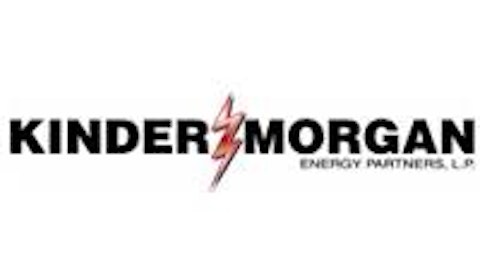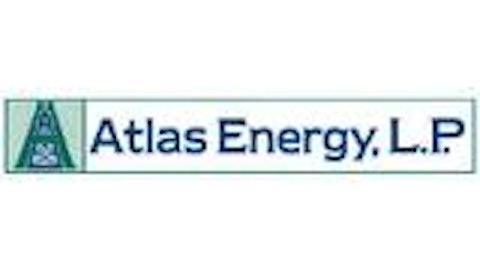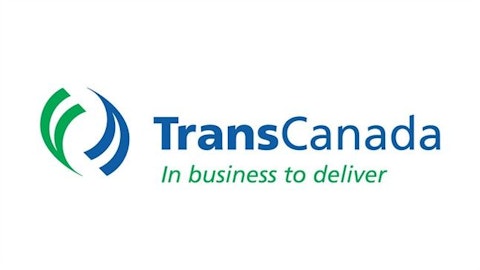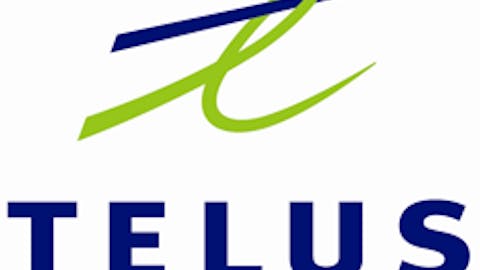Since the first quarter of 2011, Penn West Petroleum Ltd (USA) (NYSE:PWE) has experienced a significant decline from more than $28.50 per share in March 2011 to only $10.80 per share at the time of writing. In the first quarter of 2013, several famous investors including Jean-Marie Eveillard, Steven Cohen, Jim Simons, and Chuck Royce either added or initiated long positions in the company. Jean-Marie Eveillard owns nearly 36.5 million shares, accounting for a 7.5% stake in the company. Let’s take a closer look to determine how attractive is this company as an investment.
Good asset potential with ongoing business restructuring
Penn West Petroleum Ltd (USA) (NYSE:PWE) is a Canadian exploration and production company, having around 5.7 million net acres of land, with 445 million BOE in its total proved reserves and about 676 million BOE in proved and probable (2P) reserves. In 2012, the company replaced as much as 190% of the year’s production and grew its 2P reserve by 7%. The company calculated that its NPV of reserves stayed around $9.1 billion.
Penn West Petroleum Ltd (USA) (NYSE:PWE)’s near-term strategy is worth watching as it looks to divest around $1 billion to $1.5 billion of its non-core assets. For the full year 2013, the company plans to have a base capital spending of $900 million and a conditional additional capital of $300 million. With that investment amount, Penn West Petroleum Ltd (USA) (NYSE:PWE) estimates to produce around 135 to 145 mboe per day (64% liquid) with the project IRR threshold minimum of 20%.
Moreover, under the new management, Penn West Petroleum Ltd (USA) (NYSE:PWE) has been trying very hard to slash its costs and improve operational efficiency. The market values Penn West Petroleum Ltd (USA) (NYSE:PWE) at 5.3 times its trailing EBITDA (earnings before interest, taxes, depreciation, and amortization), and only 60% of its book value. Moreover, investors could get a juicy dividend yield of around 5.1%.
Has the lowest price-to-book ratio compared to its peers
Compared to its peers Encana Corporation (USA) (NYSE:ECA) and Suncor Energy Inc. (USA) (NYSE:SU), Penn West has the lowest price-to-book value ratio among the three companies. The market values Encana Corporation (USA) (NYSE:ECA) at 11.5 times its trailing EBITDA and as high as 2.67 times its book value. Encana Corporation (USA) (NYSE:ECA) has around 10.9 million net acres of land with total proved reserves of 13.1 tcfe (or around 2.15 billion BOE). This year, Encana Corporation (USA) (NYSE:ECA) also intends to divest as much as $500 million to $1 billion of assets to fund the operation of its most profitable assets.
Encana Corporation (USA) (NYSE:ECA) has a weaker balance sheet than Penn West. As of March 2013, it had $4.7 billion in equity, nearly $2.88 billion in cash, and nearly $7.66 billion in both long and short-term debt. Encana Corporation (USA) (NYSE:ECA) plans to pay its 2013 debt maturity of $500 million with cash. The company has also committed to pay the dividend. At its current trading price, its forward annual dividend yield is also quite high at 4.7%.
Suncor Energy Inc. (USA) (NYSE:SU) is trading at $29.60 per share with a total market cap of $44 billion. The market values Suncor Energy Inc. (USA) (NYSE:SU) at a higher price-to-book ratio of 1.1 but a much lower EBITDA multiple of only 4.42. Suncor Energy Inc. (USA) (NYSE:SU) is considered the largest player in the oil sands with 6.9 billion in proved plus probable reserves and as much as 23.5 billion in contingent resources. For 2013, the company expects to spend around $7.3 billion in total capital expenditure, including nearly $4.2 billion in oil sands and $1.85 billion in Exploration & Production.
Suncor Energy Inc. (USA) (NYSE:SU) also has a decent capital structure. As of March 2013, it had more than $39.2 billion in equity, nearly $4.4 billion in cash, and only nearly $10.95 billion in debt. Moreover, it also recorded nearly $10.5 billion in deferred tax liabilities, which could be considered an interest free loan from the government.
Investors might be interested in Suncor Energy Inc. (USA) (NYSE:SU) as the company has kept increasing its cash return to shareholders. In the second quarter of 2013, the company expects to increase its dividend by 54%, and has a compounded annual growth rate of 30% in the past five years as far as dividend growth is concerned. Moreover, since 2011, Suncor reported that it has returned as much as $2.5 billion to shareholders in the form of share buybacks.
In April 2013, its Board of Directors authorized an additional $2 billion share repurchase program, representing an additional buyback yield of 4.5%. At the current trading price, it offers shareholders a dividend yield of 2.6%.
My Foolish take
Penn West seems to be a good stock to play the company’s turnaround under the new management. With the potential non-core assets divestment, cheap price-to-book valuation, stronger balance sheet with potential debt reduction, and juicy dividend yield, Penn West might suit the long-term portfolios of energy investors. According to Barron’s, FrontFour Capital analyst, Badal Pandhi, based on the sum-of-the-parts analysis, it is believed that Penn West should be worth $18-$19 per share, a 65% – 74% premium to its current trading price.
The article A Cheap Canadian E&P Company for Your Portfolio originally appeared on Fool.com is written by Anh Hoang.
Anh HOANG has no position in any stocks mentioned. The Motley Fool has no position in any of the stocks mentioned. Anh is a member of The Motley Fool Blog Network — entries represent the personal opinion of the blogger and are not formally edited.
Copyright © 1995 – 2013 The Motley Fool, LLC. All rights reserved. The Motley Fool has a disclosure policy.






